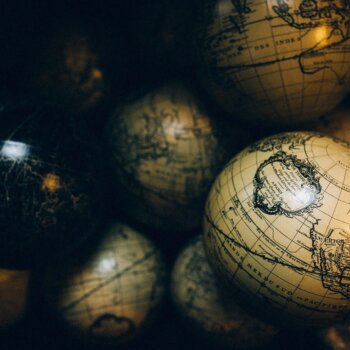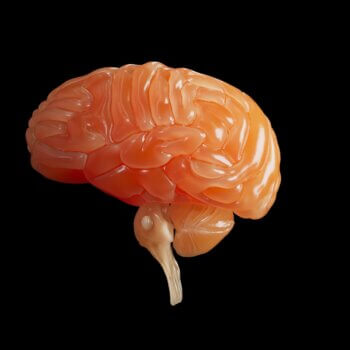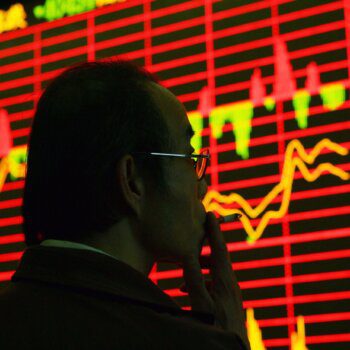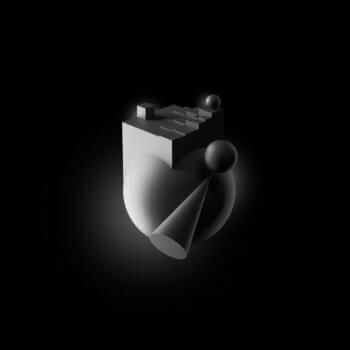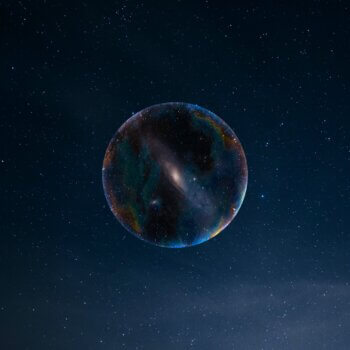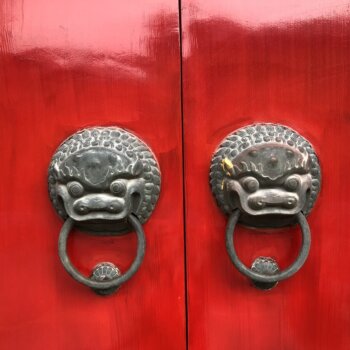I don’t believe, especially as an aspiring scientist, that I can call myself an atheist. At most I can claim to be agnostic for there is no way to prove that God doesn’t exist. Having grown up in the Southeastern United States, I was introduced at a young age to Christianity. It remains the religion with which I am most familiar. The argument I make here is specifically in regards to this Christian God but I believe it is an argument that could be made for any of the thousands of gods that have existed throughout human history. The belief in them suffers from one specific flaw which has kept my faith in Christ— or in any other deity — at bay.
It is not that the idea itself is too grandiose. I’m inclined, after all, to believe in the multiverse with its great heaving bounty of worlds and its numerous perfect copies of myself. Neither is it the many possible interpretations of the Bible which turned me away from the idea of an all-powerful entity. But it was that upon stepping back, I realized what religion truly is.
Religion is like a maze whose only entries and exits close once someone has entered inside. The maze itself is a divine experience. Walls are painted high with rosy cherubs floating amongst the heavens. Echoing within these passages are the joyous timbres of choir song that reach deep beneath the warm slip of our skin. It’s a place gorged in sunlight, flooded with the promise that all our trials here on Earth were designed by someone greater than anything we can imagine. We are here for a purpose.
It’s not that the maze of religion is an innately unkind or unsightly place — it’s that this place is rigged.
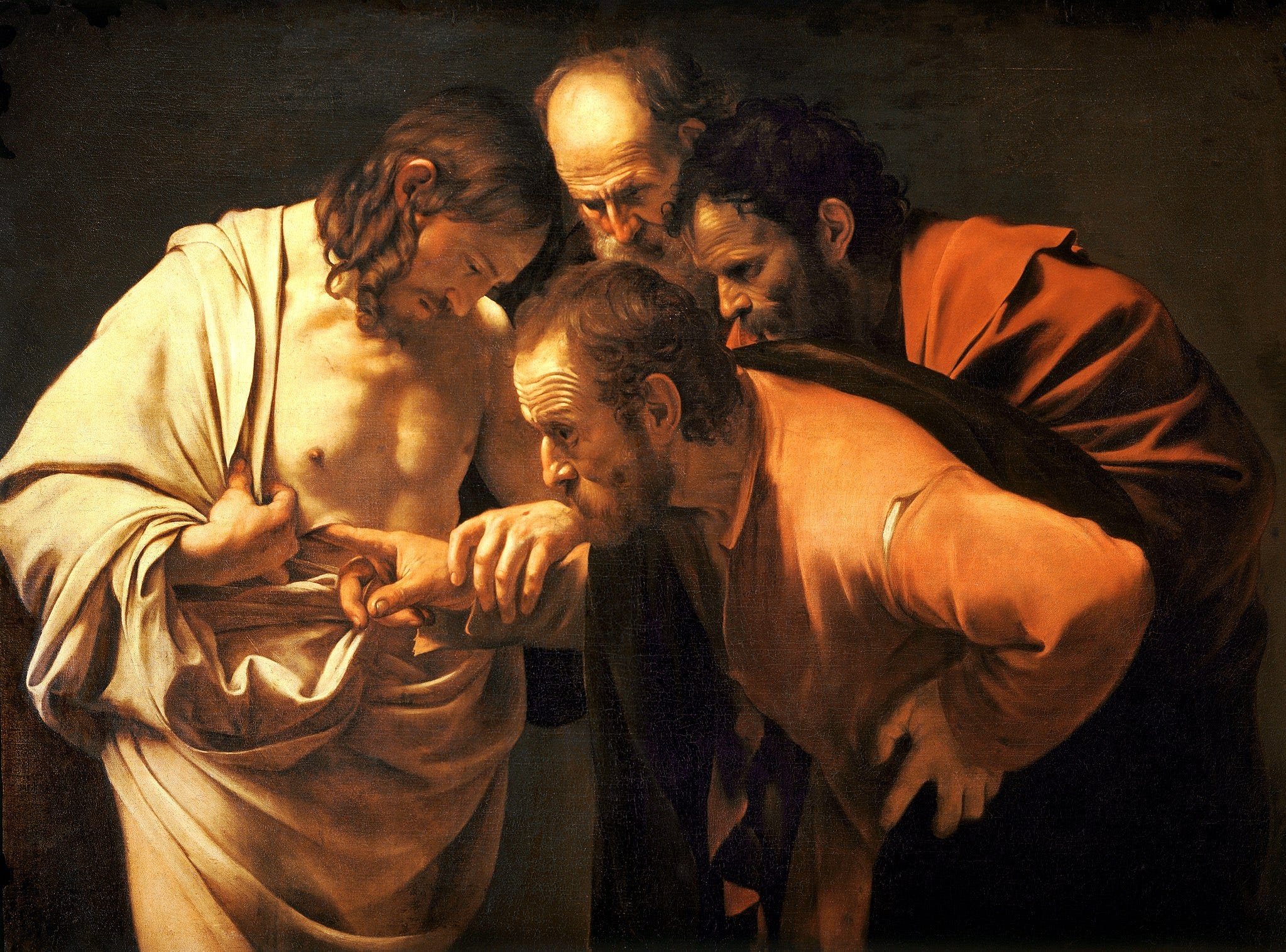
I say that all exits and entries disappear because there is nothing one can do to prove to a believer that God doesn’t exist. There is no evidence, past or present or future, which can work against God once he has blossomed in someone’s mind. Every phenomenon of this world is seen by the believer as one of the creator’s many designs. It doesn’t matter whether or not science can explain what we’re witnessing, God will have created it either way. When one brings up questions not addressed in the Bible they’re dismissed as a limitation of the human mind. God is beyond anything we can understand, and therefor there doesn’t need to be an explanation for these gaps within religion.
And yet…don’t we know that God is good and that he loves us? We worship him precisely because we can know him. To say that he is both benevolent and mysterious is a contradiction. If we cannot know God and he remains a mystery to us, then we cannot say that he is good because there is no way for us to know the entire workings of his mind. But let us put this contradiction aside for a moment.
By far the biggest flaw with religion is that it is not falsifiable. And once an idea has proven itself to be non-falsifiable, it loses its credibility.
I do not say this because I am in opposition to religion or spirituality. Nor do I believe that science and religion cannot exist side-by-side. I say this because it is something I, too, am coming to terms with in a different way. For so much of my life I’ve wanted to believe in a universe outside of this one. Dimensions layered one atop the other or otherwise curled away and hidden from view. The musical, lyrical idea of the multiverse has nested within my mind because I want to believe that this is only one reality of many and — somewhere out there in that complex web of star-studded darkness — there is a copy of me leading an impeccable life. There is a me that is happy.
That is silly, and yet it means so much.
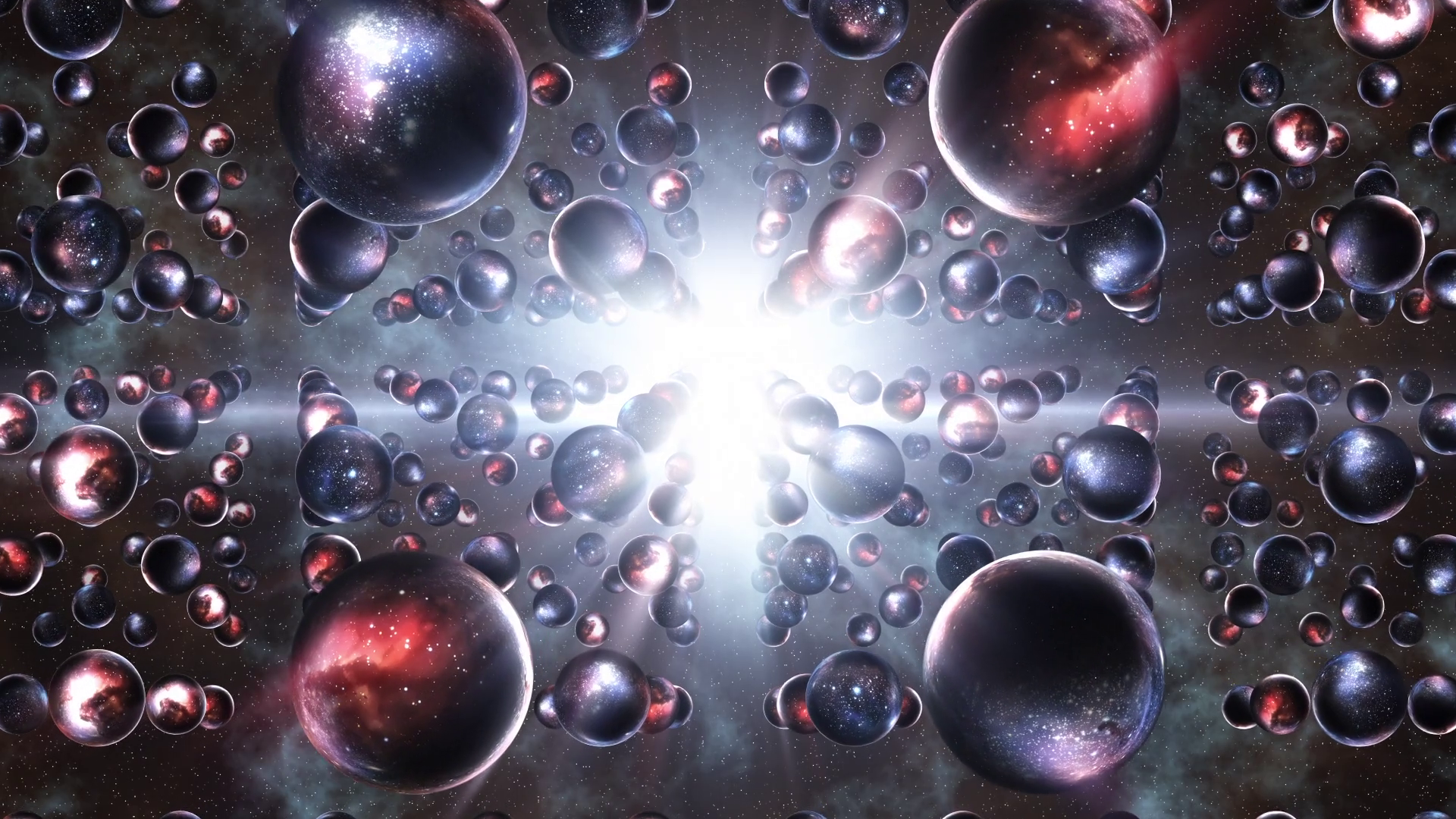
But in the scientific community I have confronted time and again the unsavory truth that if a multiverse can never be falsified then it has no place in science. We must test the fabric of the theory (and I do believe we will be able to do this in the future) in ways where the results will either point us to a multiverse or disprove the theory altogether. Throughout all this the important fact remains: theories must have a way to be tested and proven. Otherwise you have nothing.
“It is hard to write theories that survive the proof of reality. Few survive. By means of this filter, we have been able to develop modern science, a technological society, to cure illness, to feed billions. All this works thanks to a simple idea: do not trust your fancies. Keep only the ideas that can be tested. If we stop doing so, we go back to the style of thinking of the Middle Ages.” — theoretical physicist Carlo Rovelli.
This stretches to religion as well. I do not mind the idea of a Christian God, a Hindu God, an Islamic God. In fact, if these religions help people cope with life and if they inspire their followers to be gentler and kinder to one another then they are in some ways beneficial to mankind. What I mind is that these religions have no way out of them. They seem to me like traps. Pray for change and if it happens, it was God’s blessing upon you. Pray for change and if nothing happens, it was not in God’s design. What we know of the world is because God allowed us to know it. What we don’t yet know of the world is because God declared that we needn’t know it. Everything in life can be traced back to God and explained through him; everything in life serves only to strengthen a follower’s faith in him.
There is something terribly wrong with this. No system that is so self-assuring can claim to seek the truth. What religion needs is doubt. It is so often taught that one’s faith must remain strong in God even in times of great suffering. Yet it seems to me that the opposite is true in science — doubt is encouraged. It is only through doubt and through constant stressing of our scientific beliefs that we can arrive at an ultimate truth.
And perhaps the multiverse and God are alike in another way.
I hold onto the idea of the multiverse because it is a dramatic display of fantasy. Every possibility manifests itself on some foreign version of this wet and flowery Earth. These many lives I am leading overwhelm me in the best sense of the word — I can spend hours imagining how the many versions of me are choosing to spend their time, somewhere out in that incandescent cosmic ocean. It is a better story, I believe, than the story that there is only one universe and this is the only life I get to lead.
And so it goes with religion that there is an omniscient, nurturing God in the heavens and he beckons for his followers with open arms. In this story we are protected and guided, our suffering has purpose, our biggest questions needn’t be answered because some things are meant always to remain a mystery. In this story a beautiful paradise awaits many of us after death. In a non-religious view of the world nothing awaits us after death and no one is watching over us as a protector or parental figure. In both instances we live out our full and unpredictable lives, navigating its rough earthy terrain as best we can. In both instances we approach death unsure of what to expect on the other side but hoping that it will bring us peace.
Which is the better story? That’s the one we will tell ourselves, and that is the one we will choose to believe.



